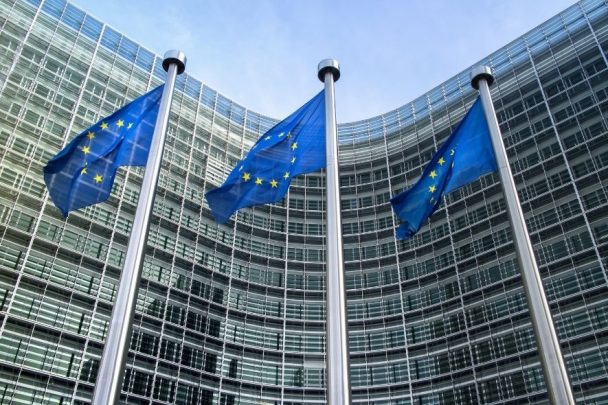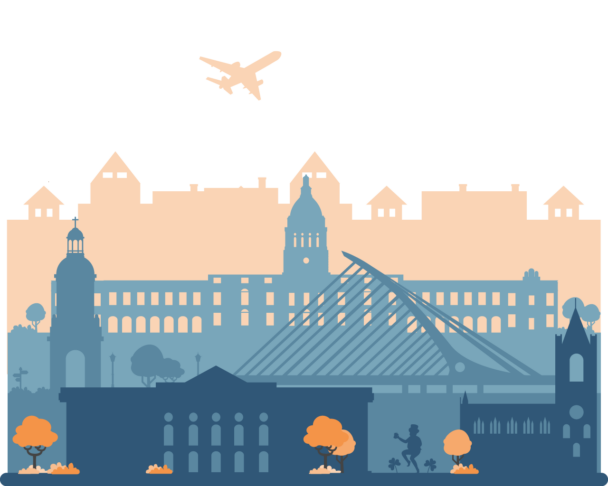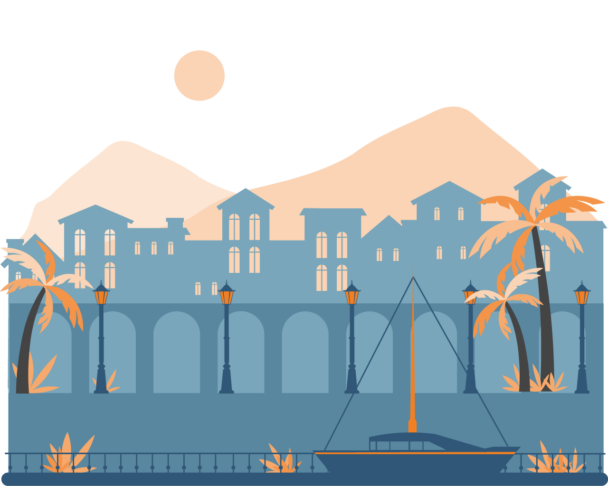Description
Living in the European Union brings with it fundamental rights and responsibilities.
Isn’t it important that EU citizens receive an education, both formal and informal, which allows them to achieve a balanced awareness of what democracy is, and what is necessary for societies to function democratically?
In this course, we will research and explore the rights of EU citizens and also the United Nations Convention on the Rights of the Child. We will discover the rights of EU citizens that contribute to democratic life, and the CVC (the UN Convention on the Rights of the Child) that specifically addresses the rights of children.
We will focus on designing and facilitating age-appropriate learning experiences for students, addressing rights and responsibilities issues, like education, child labor, the right to vote, poverty, sharing of resources and space, family, refugees, and child protection.
Participating teachers will leave this course with a planning template and a completed framework for working with their students to learn more about their rights and responsibilities as EU citizens. They will also have created sets of physical and digital flashcards with key vocabulary and images to help illustrate some of the key terminologies of citizenship.
Having access to resources including online photography projects, quality children’s literature and animated short videos for children will all contribute to a rich bank of tools that teachers will be able to use with their students and share with their colleagues when they return to their schools.
What is included
Learning outcomes
The course will help the participants to:
- Develop a confident knowledge about their rights and responsibilities as EU Citizens;
- Appreciate how having rights and responsibilities impacts their daily lives;
- Consider what life would be like without rights and responsibilities.
Tentative schedule
Day 1 – Course introduction
- Introduction to the course, the school, and the external week activities;
- Icebreaker activities;
- Presentations of the participants’ schools;
- Brainstorming and sharing personal experiences in learning and understanding about our rights and responsibilities;
- How do we really know what our rights are? Why is it important that we know about our rights as EU citizens?
Day 2 – The Important Documents
- The Charter of Fundamental Rights of the European Union;
- The UN Convention on the Rights of the Child (CRC) – animated videos;
- Comparing the EU Charter and the UN Convention: similarities and differences;
- Identifying and examining the big focus areas of life covered by rights declarations;
- Create flashcards to identify and illustrate some of the key vocabulary and concepts of citizenship, rights, responsibility, and democracy.
Day 3 – Rights and Responsibilities
- Connecting Rights and Responsibilities through taking different perspectives; individual, group, societal, national, and international;
- It’s my right…what is my responsibility? A two-sided coin;
- What do students need to know, understand, and be able to do regarding the preservation of their rights and the rights of others?
- Create rights and responsibilities statements for living and working in a school in the EU.
Day 4 – EU Rights and Responsibilities in Action
- Case Studies and real experiences of conflicts arising when rights are not respected or understood;
- Exploration of the power of images: Where Children Sleep, School Playgrounds, What The World Eats, etc;
- Explore and understand what happens when people are not informed of their rights and responsibilities;
- Consider and discover what is life like in countries without these kinds of rights and responsibilities;
- Where does this fit with our written curriculum? …and the “hidden curriculum”?
- Identify real ways that teachers and students can collaborate to participate responsibly in EU life.
Day 5 – Creating Sharing and Refining Frameworks for Taking Action
- Collaborate to create a planning template for a teaching and learning program addressing rights and responsibilities in schools;
- Plan for teaching and learning experiences in your school; consider planning, teaching, and assessment;
- Share your planned framework;
- Collaborative problem-solving – Clinical Protocol;
- Give and receive constructive feedback on your planned framework;
- Make changes and re-share planned frameworks.
Day 6 – Course closure & cultural activities
- Course evaluation: round-up of acquired competencies, feedback, and discussion;
- Awarding of the course Certificate of Attendance;
- Excursion and other external cultural activities.







